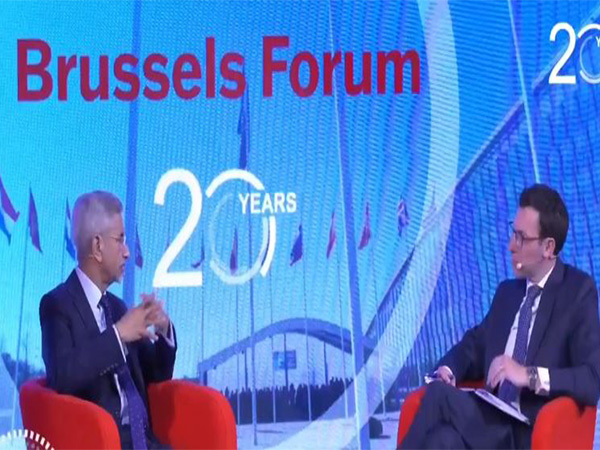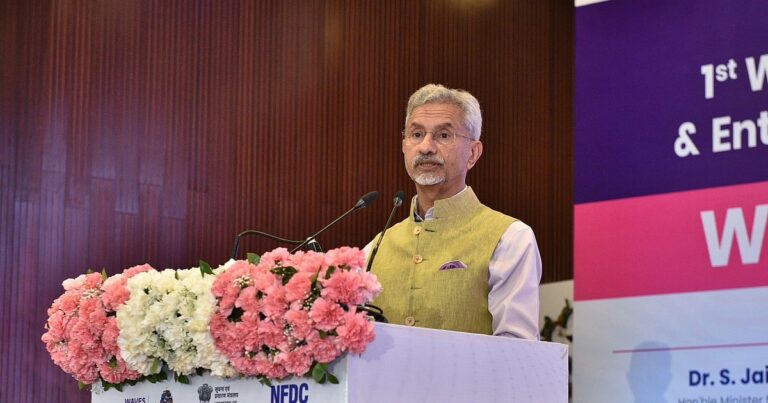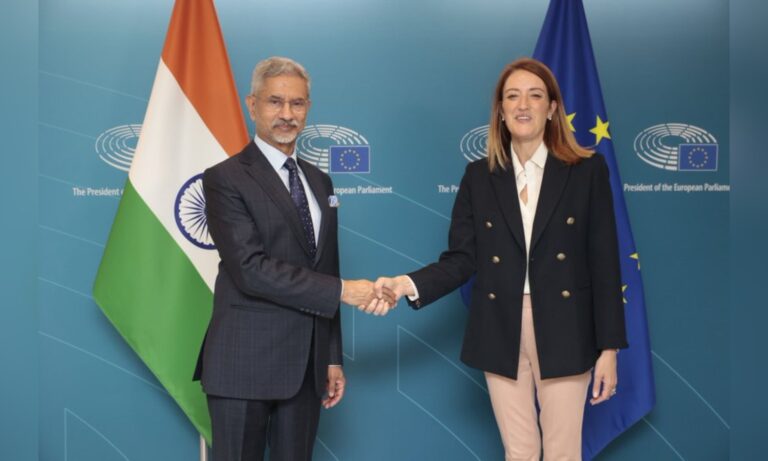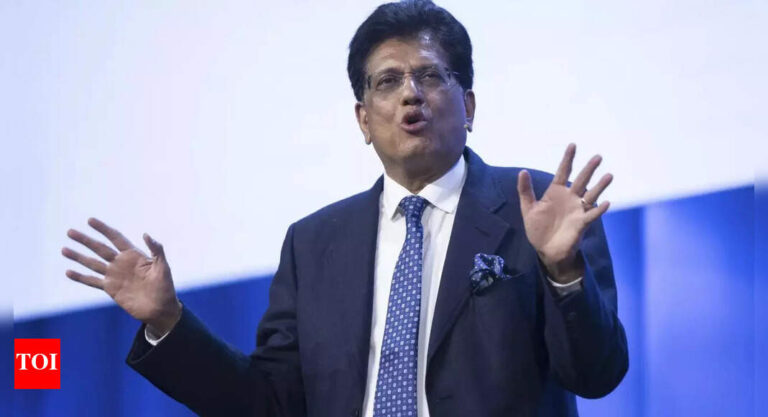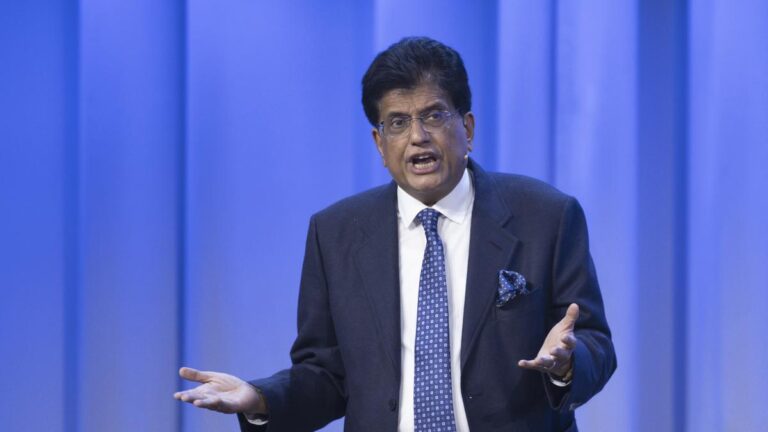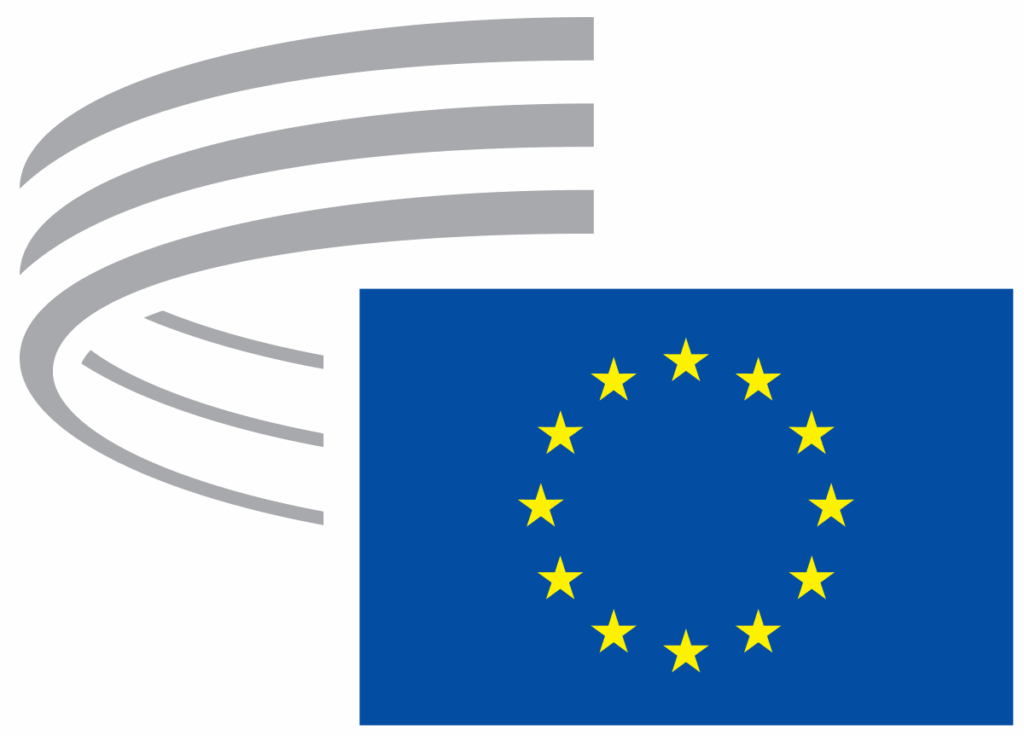
While the EU seeks to extend its circle of key partners in a context of uncertainty on transatlantic relations, India seems to be a perfect ally, being the greatest formal democracy in the world, with market growth and the economy (including in green technology) which represent a precious opportunity for EU companies. The World Bank expects India to exceed Japan and Germany and emerges as the third world economy by 2030.
The strategic geographic position of India at the heart of Indo-Pacific, through which around 80% of the total volume of world trade, makes it a key partner to maintain the security of the region and the freedom of navigation which are crucial for the EU interests.
For some time, the EU and India have been negotiating a free trade agreement, an investment protection agreement and an agreement on geographic indications. They also collaborate on a wide range of policies, including security, climate and energy, connectivity, research and innovation and space. However, the partnership has not yet reached its full potential and the geopolitical emergency could give it new momentum.
In recent years, India, which has had a privileged relationship with Russia and strengthens links with the Trump administration, has developed a relationship with several EU countries in the field of security. In particular, New Delhi has built a robust partnership during the decades with France, the only EU country with territories and a permanent military presence in Indo-Pacific. India has been one of the main armaments in France for many years. Thanks to an annual defense dialogue (at the Minister of Defense) and the High Committee on defense cooperation (at the level of the Secretary of State), France and India have agreed 2047, a roadmap to prepare for the centenary of their bilateral relations.
Other EU countries have developed strategic partnerships with New Delhi, including Italy, Germany, Spain and Sweden, and have started to develop defense cooperation with India. Some analysts believe that the absence of a formal institutional framework led to the development of the EU-Indian military collaboration. They offer the inclusion of India to the European Defense Fund and the establishment of an official bilateral military partnership.
The recent visit to the Commission in India is a clear indication of the strategic upgrade of the EU of the relationship with India. The EESC opinion highlights the need for an ambitious new roadmap intended for current political and strategic circumstances.
The European Commission must extinguish negotiations with urgency with India on a free trade agreement for the establishment of India as one of the preferential strategic partners of the EU, expanding cooperation in all areas, promoting more international trade based on rules and rules and the construction of contemporary reality and shared values of our old civilizations and our common understanding of contemporary realities.
EESC recommends promoting cooperation between the EU and its Member States and India on bilateral and multilateral projects on infrastructure, construction – in particular ports and deep water airports – and energy connectivity.
There is a clear case to deepen cooperation between the EU and its Member States and India on defense and security, in particular in the R&D and innovation sector, including joint space and double use projects, particularly emphasizing the contribution of small and medium -sized enterprises (SMEs).
The EESC also calls the European Council, the European Commission and the EU member states to urgently reactivate the EU-India Round Table of the EESC and to involve civil society.
